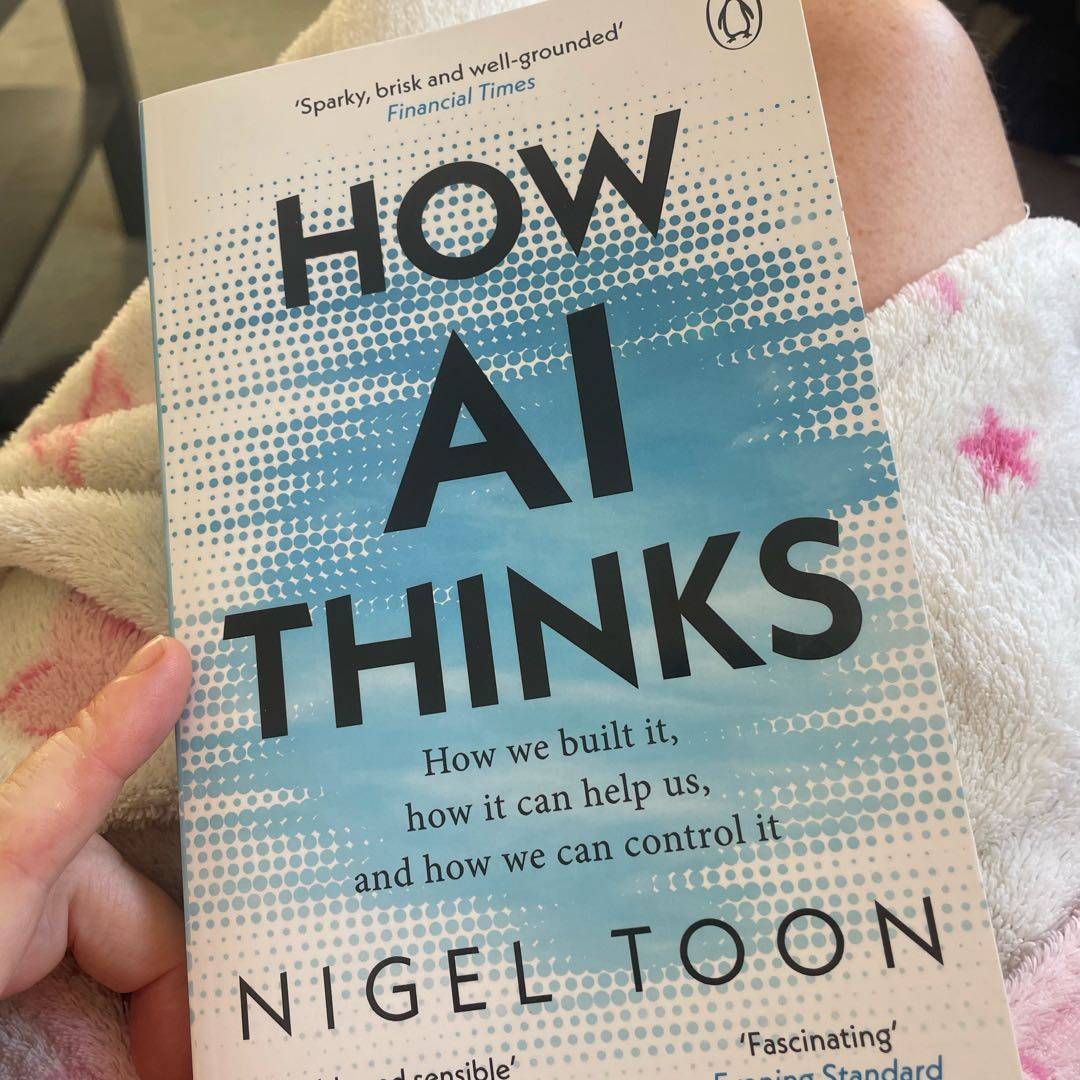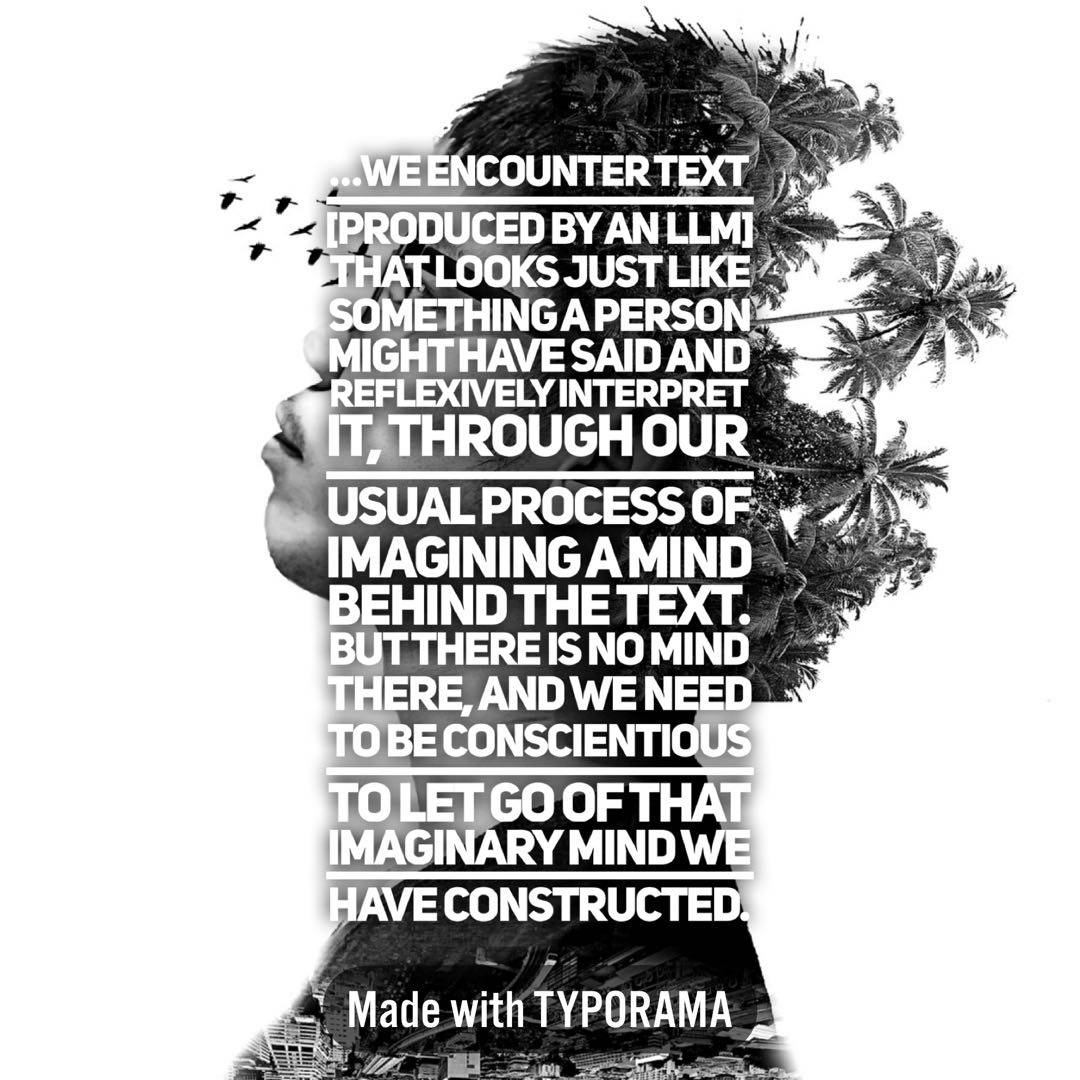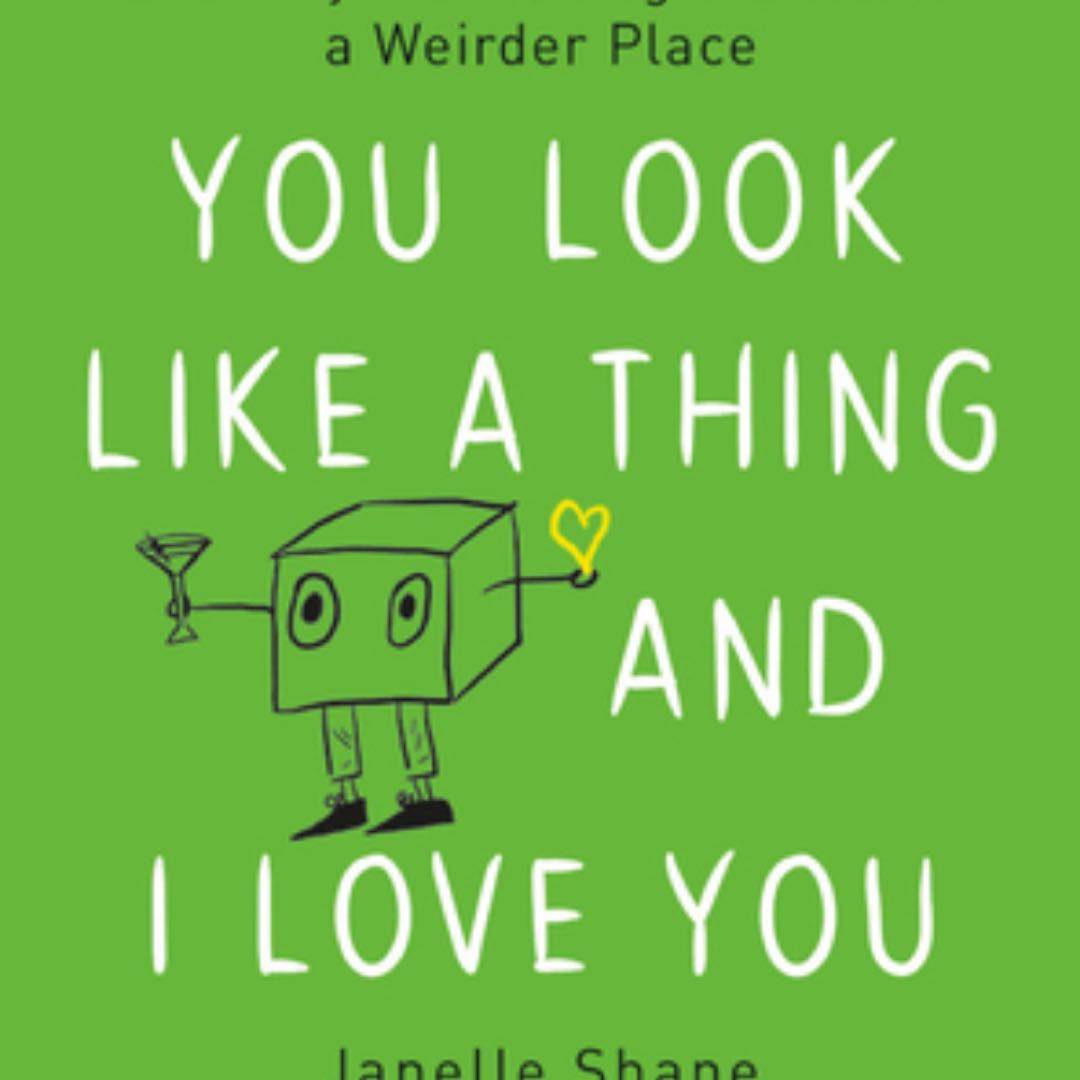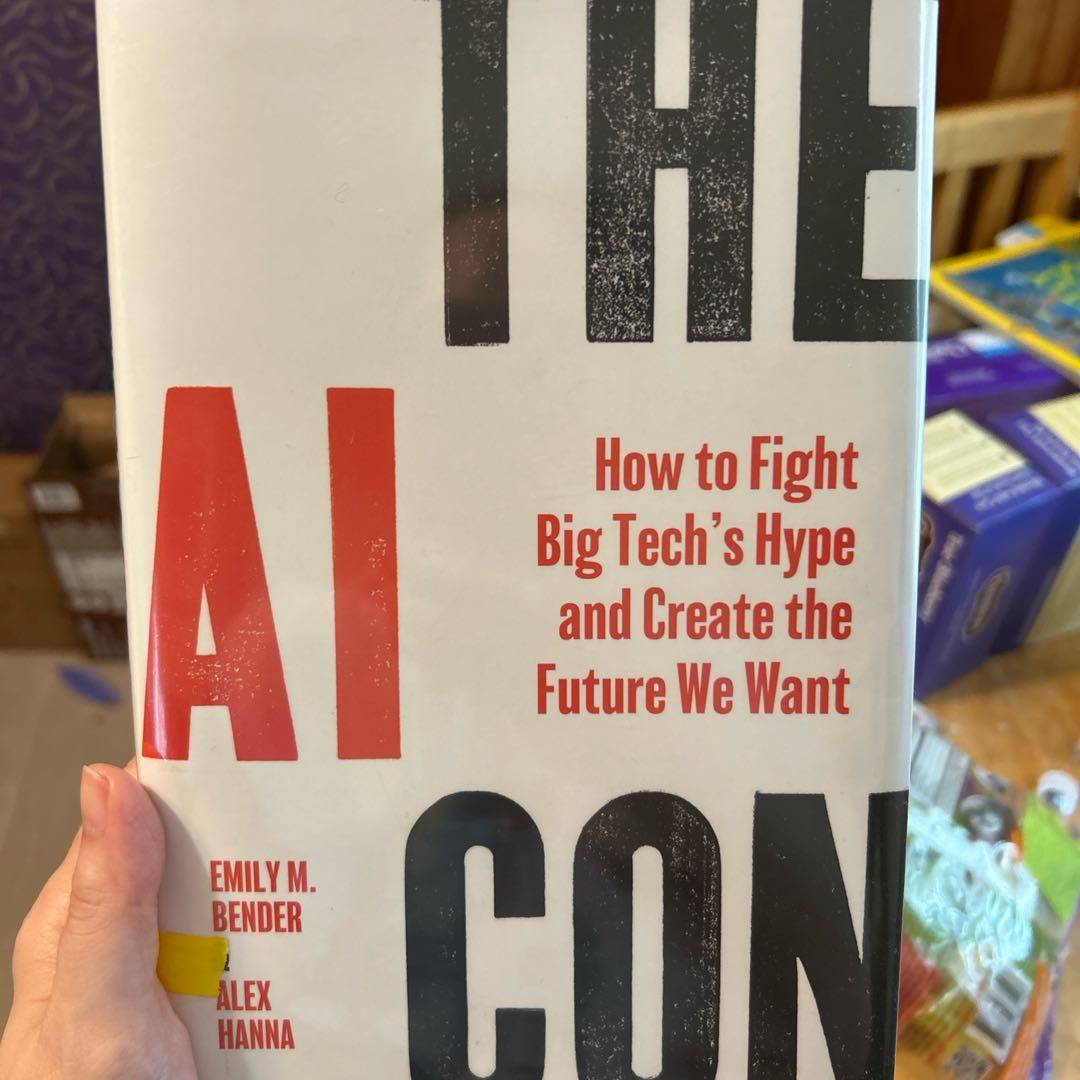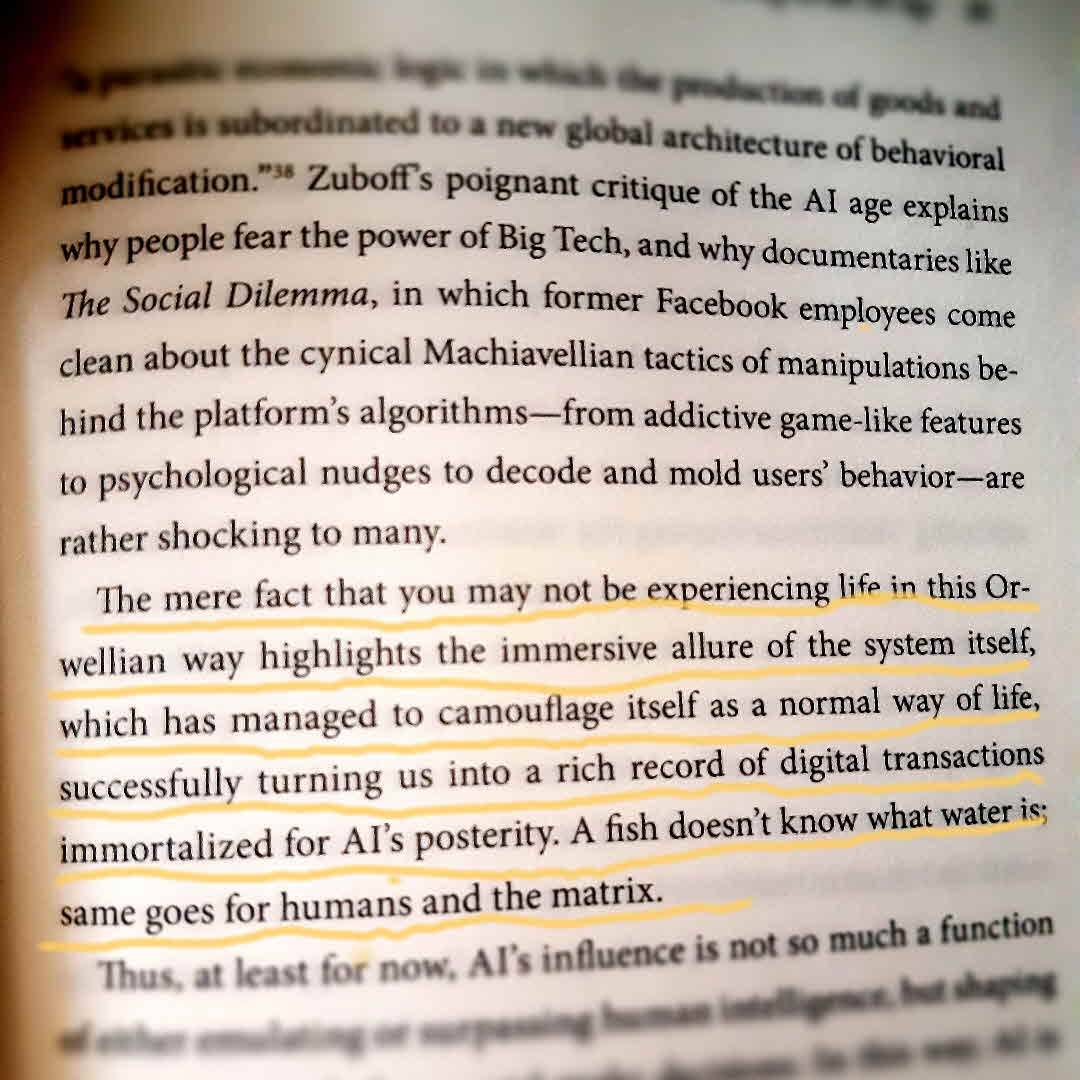Published in 1960, “The Singularity“ by Dino Buzzati is a thought provoking, prescient, and creepy story that makes the reader wonder what our future holds. We often like to discuss the implications of A.I. on society and books and Dino Buzzati's story is a great exploration of what it means to be human, how far A.I. can go to replicate/replace human behavior, and where do we draw the line?
https://open.spotify.com/episode/4j9KJg2YYTFMUazcmPi6cS












